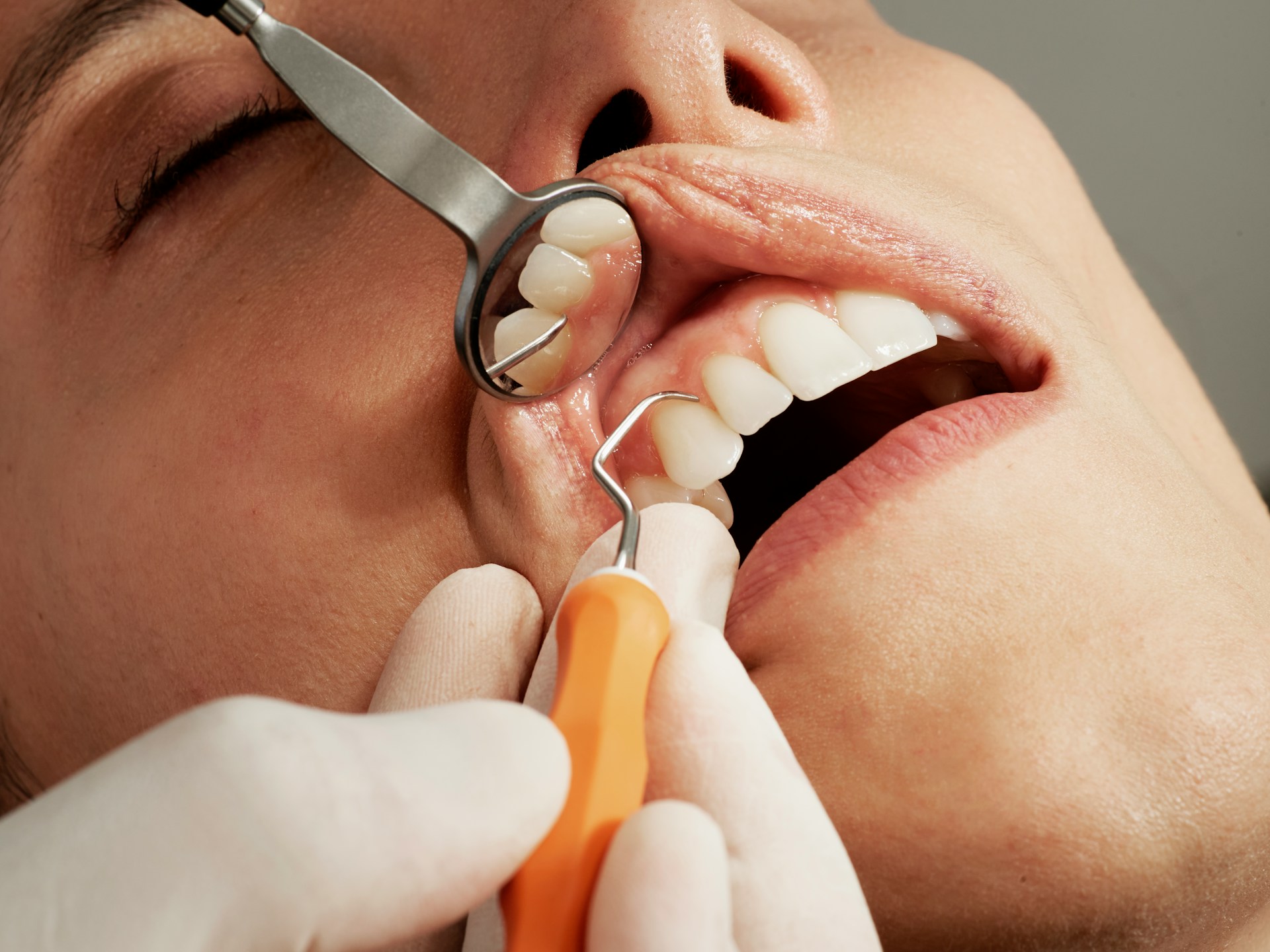Serious oral health deficiencies among young people in special residential homes for young people
A new study from Jönköping University (JU) shows that young people placed in special residential homes for young people ("särskilda ungdomshem") by the community have significantly poorer oral health than other young people of the same age. Many have urgent dental needs - but do not receive the treatment they need. The researchers behind the study point to systemic failures and call for both structural changes and increased responsibility.
.jpg)
Photo: Caroline LM @ Unsplash
The study is the first of its kind in Sweden where full dental examinations, including X-rays, were carried out directly in special residential homes. The results show that a large majority of the young people examined had extensive caries and a high need for treatment. On average, each young person had more than four teeth with manifest caries that required repair - and more than nine if incipient caries is also included.
"It is alarming that children for whom society has taken over parental responsibility have such extensive dental needs. These are children who often have experiences of neglect and difficult childhood conditions. Society is supposed to provide security - but in this case we are letting them down," says Torbjörn Kalin, senior lecturer in social work at the School of Health and Welfare, JU, and one of the researchers behind the study.
Few receive dental care – even when referred
One of the most worrying findings of the study is that many young people who were examined and referred to dental care never received the care they needed. The researchers describe how young people have fallen through the cracks due to a lack of coordination between different regions, medical record systems and healthcare providers.
"It is not reasonable that children should have to wait for months to receive treatment for severe oral pain because the regions are discussing who should pay. Nor is it reasonable that young people who we know are moved around to a large extent should be lost in medical record systems because there is no coherent national record keeping," says Elsa Carlson, chief dentist and doctoral candidate at the School of Health and Welfare.
The background to the project was indications from previous studies on deficiencies in the oral health of children in care, but these studies had mainly been based on self-reported data without professional examinations. At the same time, SiS's (the Swedish National Board of Institutional Care) own intake interviews showed that only a third reported having dental problems - something the researchers link to the fact that many young people with experience of neglect learn to downplay their needs.
"It is remarkable how poor the dental health of vulnerable children and young people is, and that it is only when they are placed at SiS that this is discovered. These people have usually been subject to a number of different types of care before being placed in one of our youth homes. It is clear that the dental health of vulnerable children and young people must be given higher priority along the entire care chain," says Jenny Kärrholm, Director of Research and Development at SiS.
Society must take greater responsibility
The research team is now calling for both better preventive work in youth homes and reforms that enable young people to actually receive the care they are entitled to. Suggestions include better training for staff, more frequent monitoring of oral health and more active outreach work by regional dental teams.
"What our results tell us is that society needs to become a much better parent. We need to work on teaching both staff and the young people themselves how to maintain good oral health, and we need to dismantle administrative barriers that prevent these young people from getting the care they need," says Torbjörn Kalin.
About the study
The study was conducted by researchers at Jönköping University in collaboration with the Swedish National Board of Institutional Care (SiS), which funded the project. The dental examinations were carried out by Elsa Carlson. The researchers are now working further to investigate possible interventions that can improve oral health in the youth homes.
Contact
- Doctoral Student
- School of Health and Welfare

